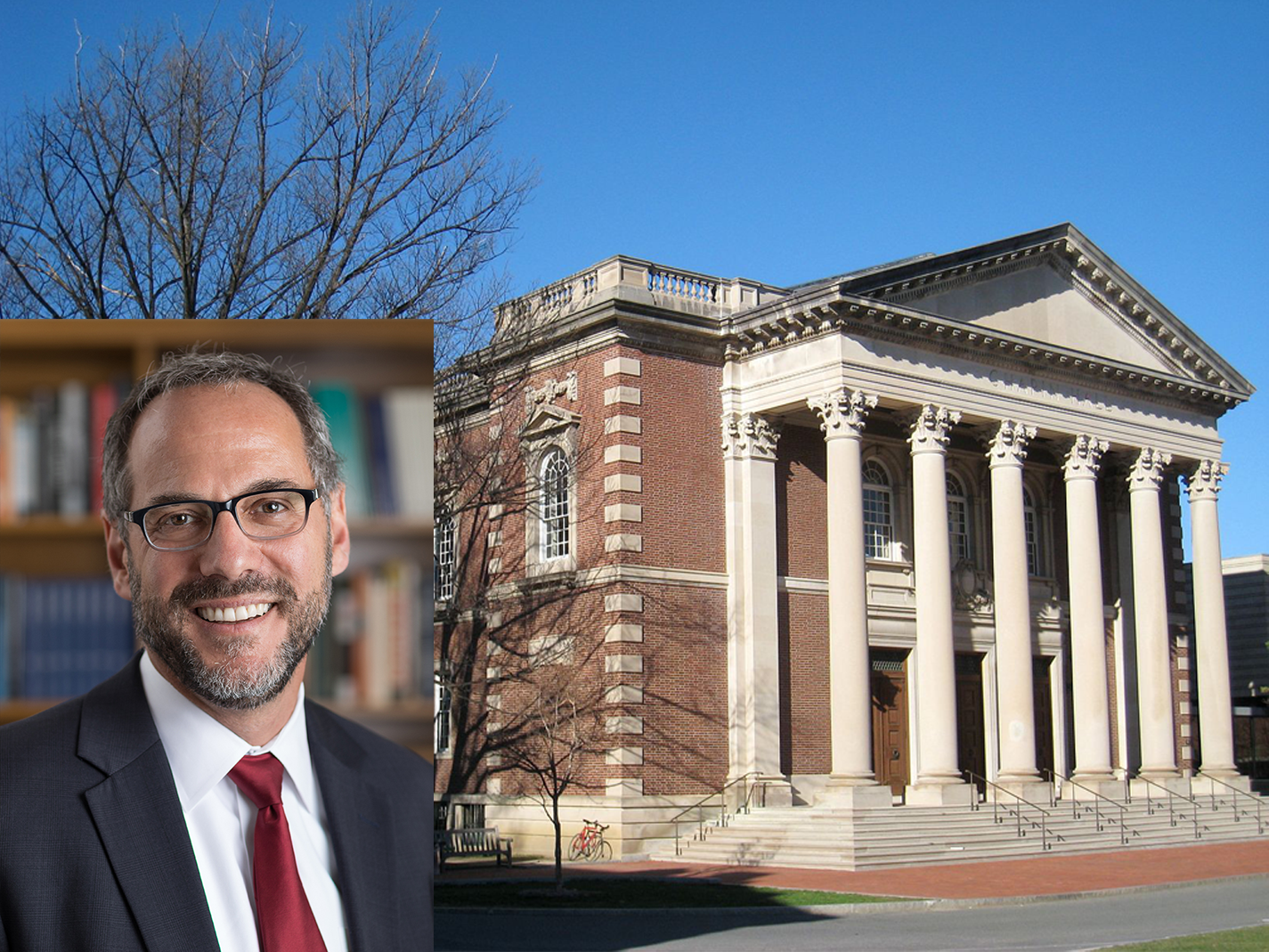
On June 20, 2017, I vehemently opposed the censorship of my college president, Adam F. Falk, when I testified before the Senate Judiciary Committee in room 224 of the Dirksen Senate Office Building. I fought my college president cerebrally, aggressively, and with rhetorical firepower for over two years. Six months before my graduation in June, 2018, President Falk announced his resignation.
In my time at Williams College, President Falk used his power to weaken and diminish values and freedoms I worked hard to protect and defend. Mr. Falk banned a controversial speaker, John Derbyshire, whom I invited to campus. He grossly misrepresented student protest on campus to the press. In print, he willfully distorted events for which I was responsible. Time and again, he would say one thing and do another.
Mr. Falk even refused to shake my hand in front of hundreds of people when I confronted him at a Williams College basketball game on November 17, 2017.
Mr. Falk believed (and often implied) that his vision for Williams College mattered more than students’ freedom to explore unsettling ideas and draw their own conclusions. He believed that his rendering of “social justice” simply outweighed any responsibility to respect independent critical thinking. Put mildly, Mr. Falk’s decisions pursuant to his agenda put me in an extremely challenging position for an inordinate amount of time.
I wanted Mr. Falk to shake my hand and to hand me my diploma on stage at graduation, but he resigned, so I was never able to stand in that moment.
Today, I am as concerned as ever about free discussion on college campuses. Conservative students are discouraged from freely expressing their views. Some are even ostracized and intimidated for supporting President Trump or his policies. Dissident intellectuals and iconoclastic thinkers write in fear of intense backlash. Professors get fired and students punished or threatened for stumbling upon the outrageous conviction that the thought police have a dampening effect on open debate.
No. The state of free speech on college campuses is not a problem.
It is a deeply shameful disaster.
University principals should acknowledge this crisis for what it is, and leaders need to be held accountable for their wrongdoing and bad decisions. At the heart of free inquiry is the core idea that people have a right to think for themselves, to arrive at and test their own conclusions, to make arguments and defend values that motivate them. Students go to college to learn and to grow. That powerful and fundamental purpose should never come second to the agenda of any college or university president.
When I was responsible for Uncomfortable Learning, the club I led that brought provocative speakers to Williams, I defended myself and my peers against administrative censorship. And I defend myself and my work today. As we enter the new year, I ask principals of higher education: How much do you value your freedom and your ability to make up your own mind?
Image: Unknown author, Daderot, Wikimedia Commons
There is a term for what we are dealing with — its called “fascism” and I don’t think it is even a right/left issue anymore as much as it is a mandate of mindless conformity.
This is certainly the view Madeleine Albright expressed so convincingly in Fascism; a warning. Fascism’s defining characteristic is not adherence to a particular political philosophy; it is its willingness to suppress the speech of those who disagree with its pronouncements.
The picture is actually misleading in an unfortunate way. At first I thought it was supposed to be the author, despite the graying beard, but rather it is Adam Falk, the head of Williams College. The author Zachary Wood actually is a normal-aged black graduate of Williams. In his video he is certainly well-spoken (as I would expect from a Williams graduate).
He is very bold in bringing people like Charles Murray, let alone John Derbyshire, to Williams. I think both of those guys have something loose upstairs, even though they both have something to say. (Alas?) In particular, Murray has good advice both for blacks and whites of all classes, and also for the white upper class (“Preach what you practice!”
I had not heard of this Zachary Wood, I am eager to learn more about him. He might have a bright future ahead.